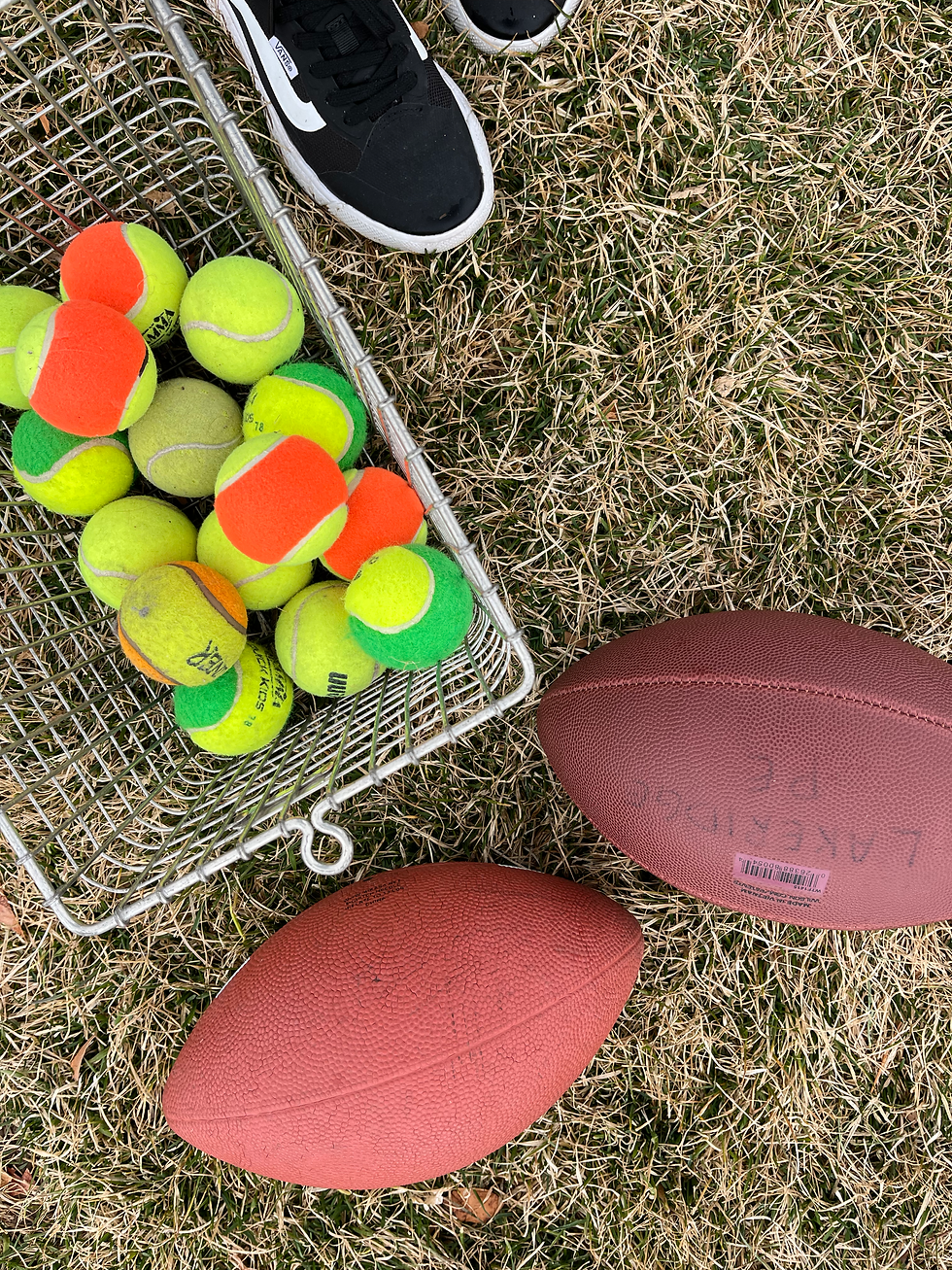5 Things You Didn't Know About Physical Education
- Student Ambassadors

- Jan 14, 2020
- 3 min read
Updated: Oct 9, 2020
Currently our nation is in the midst of a health epidemic. According to the Center of Disease Control and Prevention, unhealthy lifestyles among our nations children and adults are resulting in alarmingly high risks of obesity and other chronic diseases. As we wage war upon unhealthy living, we ask ourselves "How did this happen, and what can be done to fix our wrongdoing?" Might I suggest the physical education program (PETE) as a possible answer? With ample opportunities to teach our communities about healthy lifestyles, physical educators serve on the front line in defense of our nations health. Many people believe that physical education is simply sports education. There is much more to being a physical educator than just sports and exercise alone. Here is a list of five things you might not have known about the PETE program.
#1. Kinesthetics

Physical education majors dive deep into the science of the human body. Subjects like exercise physiology, motor development in adolescents, athletic training, and human anatomy are all part of the curriculum. In exercise physiology you learn about what is happening to the body chemically during exercise, as well as, becoming certified in strength and conditioning training. Motor development teaches you about the differences in chronological age and maturation among children, and what they can and can't do physically. Being trained in athletic training and anatomy equips you with an arsenal of techniques that range from prevention, to identification, to rehabilitation for common injuries among athletes.
#2. Dietetics and Wellness

Physical education majors become well versed in the world of dietetics. Physical educators are on the front lines for defending diet and health. Subjects like chronic disease and prevention, nutrition, and active lifestyle management are taught throughout the curriculum. The world physical education is realigning itself with new purposes and objectives. PE teachers have shifted from teaching solely "sports education" to becoming wellness specialists and coaches. Physical educators are becoming the personification of health and wellness.
#3. Social Networking

Physical education majors at BYU develop strong social ties to professors, fellow students, and potential employers. These social ties often lead to rapid employment after graduation, and can yield unseen benefits that last for a lifetime. Our PETE program spends more time actually teaching in public schools in comparison to any other program in the state. The PETE program is separated into three teaching semesters; (1) elementary, (2) junior high, (3) high school. During each one of these semesters you and your cohort have the opportunity to visit local schools several times, thus receiving ample opportunities to grow your pool of future employers.

#4. Financial Management
Finance is a big concern for people looking into any teaching career. There is no deception in saying that teachers have been severely underpaid in past decades and centuries. However, the principle of supply and demand work the same with teachers as it does with business. The demand for teachers are increasing while the supply has dwindled significantly resulting in pay increases for teachers across the nation. In some school districts in Utah starting teacher salary has increased from 35k to around 45-50k in the first year of teaching! You can be prosperous as a teacher, and our program will teach you how to do it. "Financial Fitness" is a concept taught in PETE 301 Healthy and Active Lifestyle Management.
#5. Community Advocacy
Physical education majors become involved with local and/or federal officials in order to advocate physical activity in schools. One of our professors (Dr. Todd Pennington) in the PETE program helped establish the SHAPE America organization. This organization is driven to empower physical and health educators by assisting them with lesson planning, professional development, and advocating at the highest federal levels through their Legislative Action Center. Our students and faculty research together topics dealing with best practices concerning physical education advocacy throughout the nation.
For more information about becoming a teacher please contact a student ambassador or visit our website!







Comments